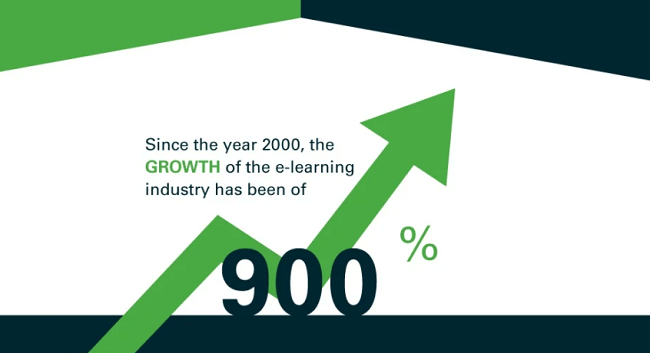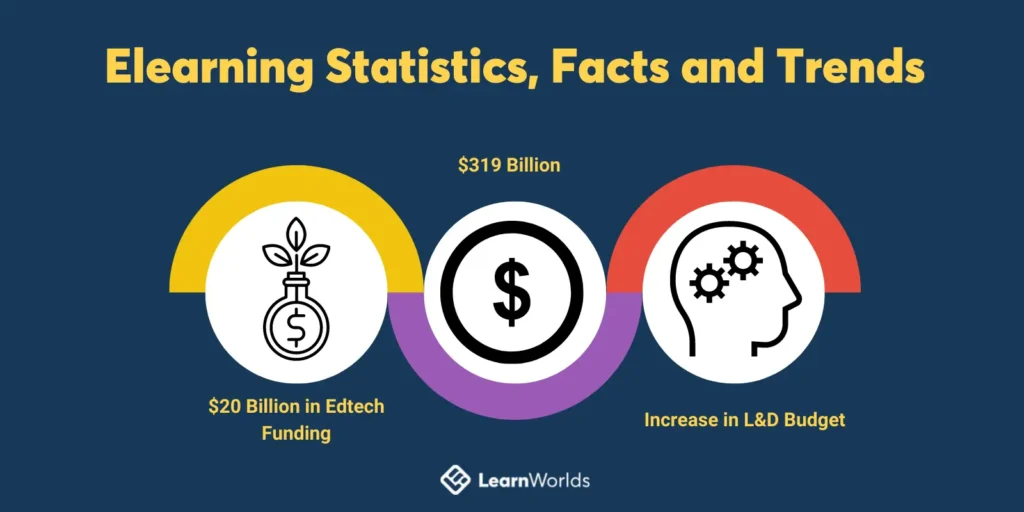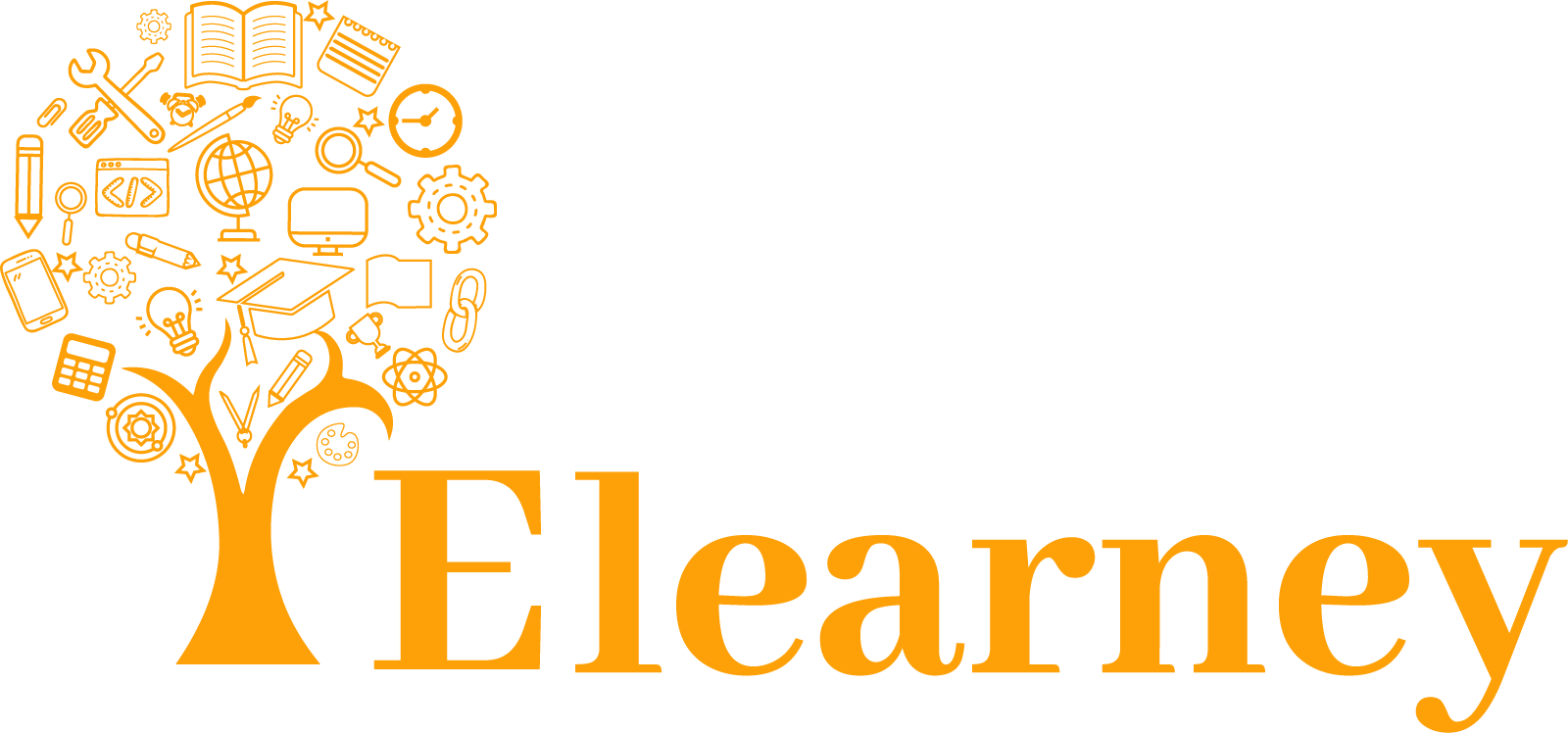
Future Trends in LMS Development: What to Expect in the Next Decade
- By admin
Say goodbye to the old ways of creative thinking and hello to the digital agency revolution! Creativity has never been this fun and exciting. Let’s dive in and explore the world of limitless possibilities through the eyes of digital experts!
Future Trends in LMS Development: What to Expect in the Next Decade
The next decade holds promising advancements in Learning Management Systems (LMS), driven by technological innovations and evolving educational paradigms. Artificial Intelligence (AI) and machine learning are anticipated to revolutionize LMS development, enabling personalized learning experiences through intelligent algorithms that adapt content and recommendations to individual learner needs. This adaptive learning approach ensures that learners receive tailored instruction, maximizing engagement and knowledge retention. Additionally, AI-powered features like virtual assistants and chatbots will provide instant support and guidance, enhancing the overall user experience and accessibility of learning resources.
As attention spans decrease and learners demand more flexible learning options, microlearning is expected to gain traction within LMS platforms. Microlearning delivers content in small, digestible chunks, allowing learners to access relevant information quickly and conveniently. LMS platforms will increasingly support the creation and delivery of microlearning modules, empowering learners to engage with bite-sized content on-demand and across various devices. This trend reflects a shift towards more learner-centric and accessible learning experiences, catering to the diverse needs and preferences of modern learners.
The rise of mobile learning (M-learning) is inevitable as smartphones and mobile devices become ubiquitous in our daily lives. LMS platforms will prioritize mobile optimization and responsive design, ensuring seamless access to learning materials and activities on-the-go. Mobile apps will offer offline access, push notifications, and other features to enhance the mobile learning experience, enabling learners to engage with educational content anytime, anywhere. This emphasis on M-learning reflects the growing importance of flexibility and convenience in educational delivery, catering to learners’ increasingly mobile lifestyles.
Gamification and immersive learning technologies will continue to transform LMS development, making learning more engaging and interactive. Gamification elements such as badges, leaderboards, and rewards will motivate learners and incentivize progress, while virtual reality (VR) and augmented reality (AR) technologies will create immersive learning experiences that simulate real-world scenarios. These gamified and immersive learning experiences enhance learner engagement and retention by providing hands-on, interactive learning opportunities that are both enjoyable and educational.
Social learning and collaboration features will be enhanced within LMS platforms to facilitate peer interaction, knowledge sharing, and collaborative problem-solving. Integrated social media tools, discussion forums, and collaborative workspaces will enable learners to connect with peers, instructors, and subject matter experts, fostering a sense of community and engagement. This emphasis on social learning reflects the importance of collaborative learning experiences in fostering critical thinking skills, creativity, and teamwork, preparing learners for success in today’s interconnected world.
Furthermore, advancements in data privacy and security will be paramount as concerns about data protection continue to grow. LMS platforms will implement robust data encryption, access controls, and compliance measures to safeguard sensitive learner information and ensure regulatory compliance with data protection regulations. Enhanced security measures will protect the integrity of online learning environments and instill trust among users, reinforcing the importance of privacy and security in the digital learning landscape.


